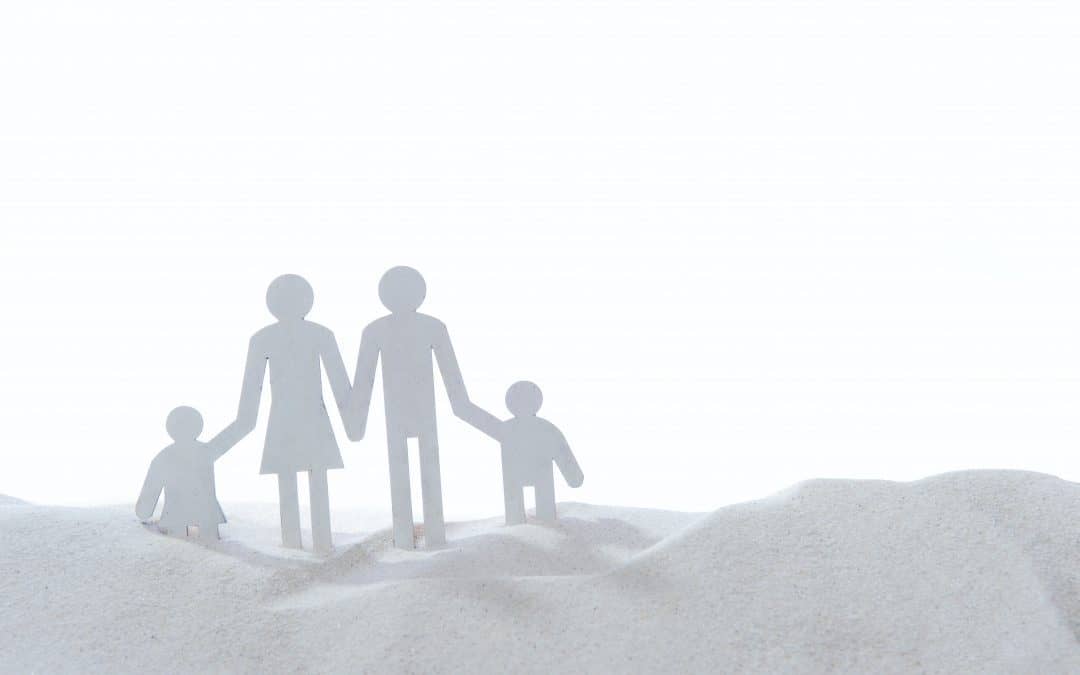If you are faced with dealing with a childcare matter, perhaps because of a separation or marital breakdown, it can be daunting to consider everything necessary regarding the process. Our lawyers are highly skilled and can support you through this journey regardless of the circumstances leading to it.
Amelia Smith is a paralegal in the Family Team here at Wollens and has put together this helpful guide looking at the frequently asked questions relating to these issues.
Childcare matters
How do I find out what I should be paying for my child/what my former partner should be paying for our child?
If you cannot agree how much child maintenance one parent should pay the other, you can apply to the Child Maintenance Service/Child Support Agency (CMS/(CSA) directly and they will carry out an assessment. The amount will depend on how many children you have, how much you earn and whether you are paying child maintenance for any other children. You can use the child maintenance calculation service on the gov.uk website and it will tell you how much you owe based upon their formula.
What is parental responsibility?
It is the rights, duties, powers, responsibilities, and authority which by law a parent of a child has in relation to their child. In practical terms, it means making day-to-day decisions for your child and determining their upbringing. Please see below for who has parental responsibility (PR).
Who has parental responsibility?
A mother automatically has parental responsibility for their child. If the father is married to the mother at the time of the birth or unmarried but named on the child’s birth certificate, they will also have parental responsibility.
Who does not automatically have parental responsibility?
Unmarried fathers not named on the child’s birth certificate, step mothers/fathers and Grandparents.
How can an unmarried father obtain parental responsibility?
By marrying the mother, having his name registered on the birth certificate, entering into a Parental Responsibility Agreement with the mother, obtaining a Parental Responsibility Order from the Court or by being named as the resident parent under a Child Arrangements Order.
Can a mother’s parental responsibility ever be removed?
Only if the child is placed for adoption.
How do I get my child’s father’s name on the birth certificate?
You need to fill in a form and send it to the appropriate registry office. The form you fill in depends on whether you marry the natural father after your child’s birth was registered or you are not married, but you want the natural father’s name on the birth certificate. All forms can be found on the gov.uk website.
My former partner wants to take our child/ren on holiday. Do they need my permission?
If a parent with parental responsibility wishes to take their child on holiday, they must obtain permission from everyone else with parental responsibility for that child (a letter will suffice). If permission is denied, they must apply to Court for permission. Importantly, a person can take a child abroad for up to 28 days without getting permission from those with parental responsibility, but only if a Child Arrangements Order says that the child/ren lives with them (unless a Court order says you cannot). Consent from both parents is always recommended.
What if my partner and I cannot agree on what school our child goes to?
You can apply to Court for what is known as a ‘Specific Issue Order’ and the Court will ultimately have to decide based on what they consider is best for the child.
My former partner and I cannot agree on who has the children and when. What can we do?
Firstly, you may wish to seek legal advice to consider how best an agreement can be achieved and to manage everyone’s expectations. You may also wish to try family mediation. If that does not work or you are exempt, you can apply to Court for a ‘Child Arrangements Order’. This sets out who your child lives with and where and when and how your child will see both parents. The Court’s decision will be based on what they think is the best for the child. The Court will usually try to make sure that the child sees both parents – unless there are welfare reasons, which impact on the child. It is always important to look at other options first before making a court application, but sometimes such an application will be necessary.
Domestic Abuse
What is domestic abuse?
Domestic abuse can be very wide ranging and effect anyone. It will include any incident or pattern of incidents of controlling, coercive or threatening behaviour, violence or abuse between those aged 16 or over and who have or have had an intimate partner or between family members. This includes the following types of abuse: psychological, physical, sexual, financial and emotional.
I am subject to domestic violence in the family home. Can I force my partner to leave?
If they do not leave voluntarily, you may be able to obtain what is called an ‘Occupation Order’ if you fit the correct criteria. The Order will say who can live in the family home and who should be excluded.
What can I do if my partner is harassing me?
If you feel at risk of immediate harm, we advise that you call the police. However, we may be able to apply for what is known as a ‘Non-Molestation Order’ or an ‘Injunction’ if all criteria is met. If granted by the Court, it can carry a power of arrest, meaning if your partner continues to harass you, they can be arrested.

At Wollens our family team are experts in this field and can advise you at an early stage.
Contact us today :
Call us :
South Devon 01803 213521
Exeter 01392 274006
North Devon 01271 342268



